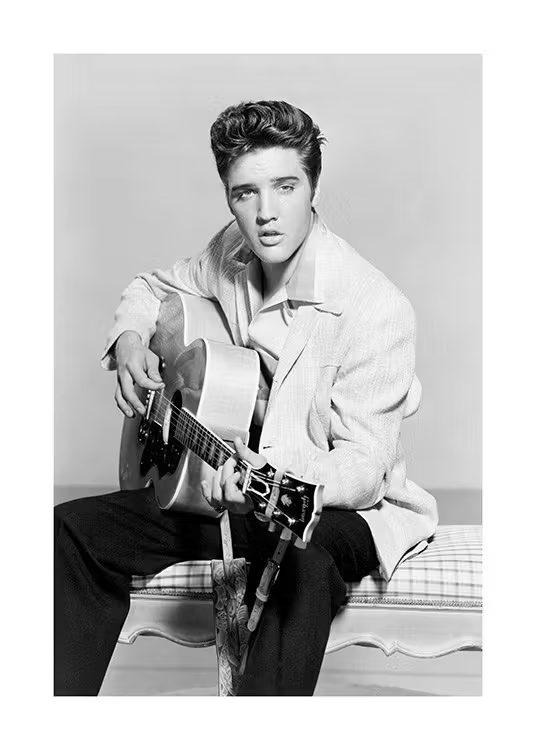A Cultural Milestone: Elvis Presley's "Heartbreak Hotel"
Heartbreak Hotel is not just a song—it's a cultural milestone. Released in 1956, this iconic track by Elvis Presley is emblematic of the 1950s music scene. Its raw emotion and distinctive rhythm marked a defining moment in the emergence of rock 'n' roll, forever shaping the music industry.
The Historical Impact of "Heartbreak Hotel"
This piece has an intriguing backstory. It was inspired by a newspaper article about a man's desolation leading to suicide, with his poignant note reading, "I walk a lonely street." This was transformed into a metaphorical "Heartbreak Hotel" at the end of a secluded street, symbolizing a place of sorrow and heartbreak. This song was a significant departure from the more upbeat, optimistic tunes typical of the era, making it a standout track that left a deep cultural impact.
Cover Versions and Enduring Relevance
Heartbreak Hotel has been covered by a multitude of artists, including Willie Nelson and Leon Russell, underlining its enduring appeal and influence. These cover versions have kept the song alive across generations, allowing it to continue resonating with audiences worldwide. Despite being a 1950s song, its timeless theme of heartbreak ensures it remains relevant today. Whether you're a rock 'n' roll aficionado or a casual listener, the haunting lyrics and powerful melody evoke a sense of shared human experience—proving that heartbreak, much like this track, is universal.
An Interesting Fact
Here's an interesting fact about this iconic track—it was Elvis Presley's first number-one hit on the US charts. This success helped catapult him to fame, setting him on a path to become the "King of Rock 'n' Roll." Heartbreak Hotel is more than a song; it's a historical artifact that encapsulates the birth of a music legend and the rise of a new musical era.













Comments (0)